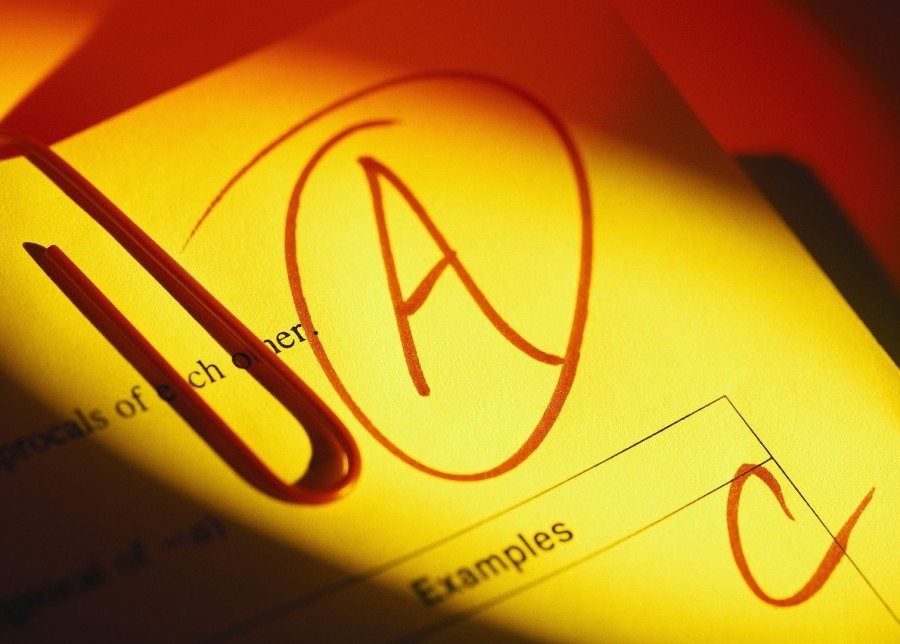
In an effort to reward students for taking challenging courses, many high schools have decided weight grades for AP (Advanced Placement), Honors, and other advanced classes. As a quick example, an ‘A’ in AP Calculus might earn a student 5 points whereas an ‘A’ in basic algebra would earn the typical 4 points. A student who takes many accelerated courses could end up with a GPA that is well above a 4.0 on a four-point scale. Part of the rationale behind grade weighting has to do with class rank – high schools don’t want a student to be valedictorian simply because he or she took the easiest classes available.
Question: What is a Weighted GPA?
Answer: A weighted GPA is based on the simple idea that some high school classes are much harder than others. Some may believe these harder classes should carry more weight. In an effort to acknowledge the effort that goes into challenging courses, many high schools may weight the grades for AP, Honors and more accelerated courses. The weighting isn’t always the same from school to school, but a typical model on a 4-point grade scale might look like this:
AP, Honors, Advanced Courses: ‘A’ (5 points); ‘B’ (4 points); ‘C’ (3 points); ‘D’ (1 point); ‘F’ (0 points)
Regular Courses: ‘A’ (4 points); ‘B’ (3 points); ‘C’ (2 points); ‘D’ (1 point); ‘F’ (0 points)
Thus, a student who got straight As and took nothing but AP classes could have a 5.0 GPA on a 4-point scale. High schools will often use these weighted GPAs for determining a fair class rank when it comes down to valedictorian and salutatorian.
Colleges, however, usually aren’t going to use these artificially inflated grades. Yes, they want to see that a student has taken challenging courses, but they need to compare all applicants using the same 4-point grade scale. Most high schools that use weighted GPAs will also include un-weighted grades on a student’s transcript, and colleges will usually use the un-weighted number.
The GPA confusion doesn’t stop here. Colleges also want to make sure that a student’s GPA reflects grades in core academic courses, not a bunch of padding. So a lot of colleges will calculate a GPA that is different from a student’s weighted or un-weighted GPA. Many colleges will look just at English, Math, Social Studies, Foreign Language and Science grades. Grades in gym, cooking, music, health, theatre, and other areas will not be given nearly as much consideration in the admissions process.















